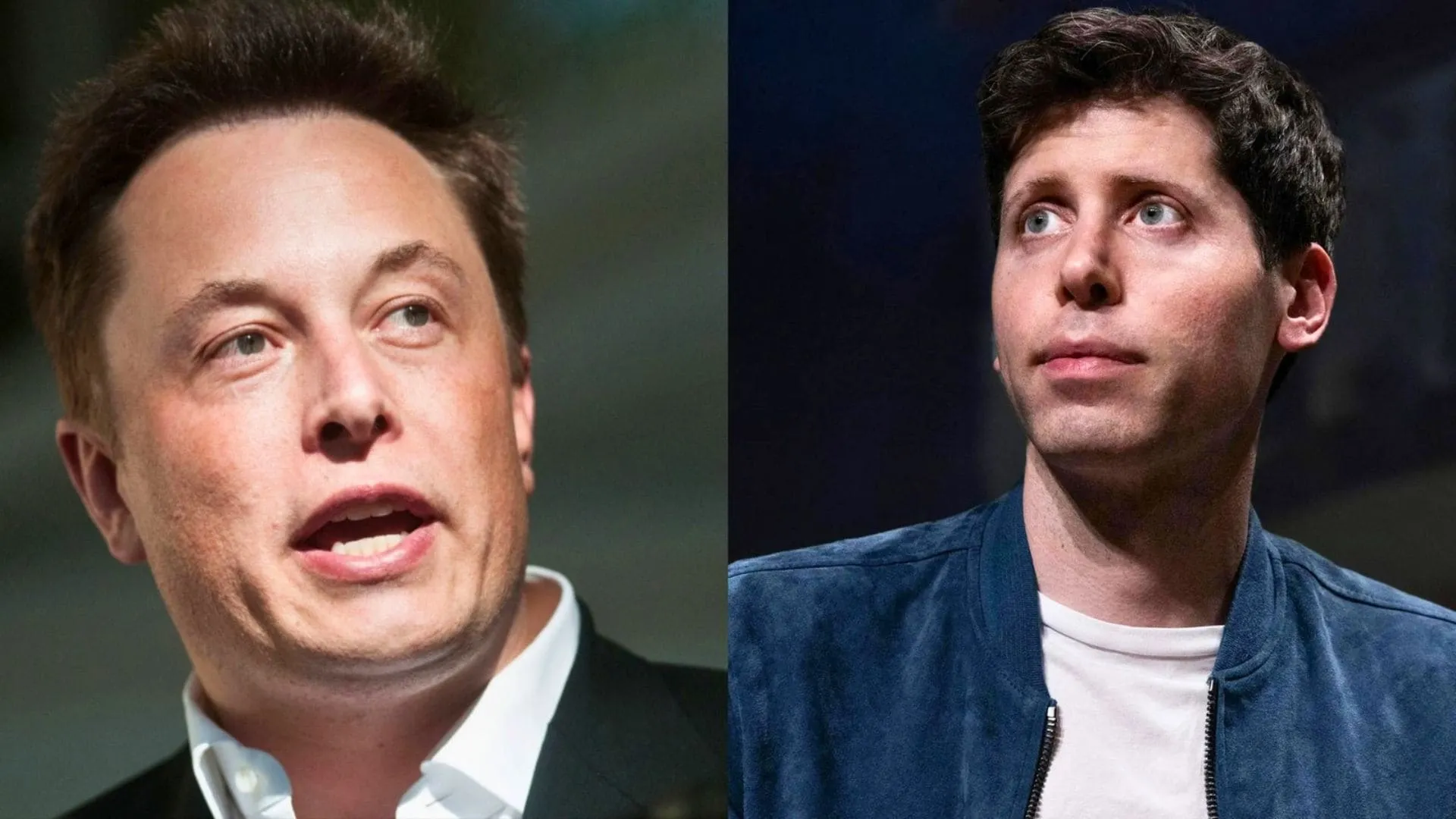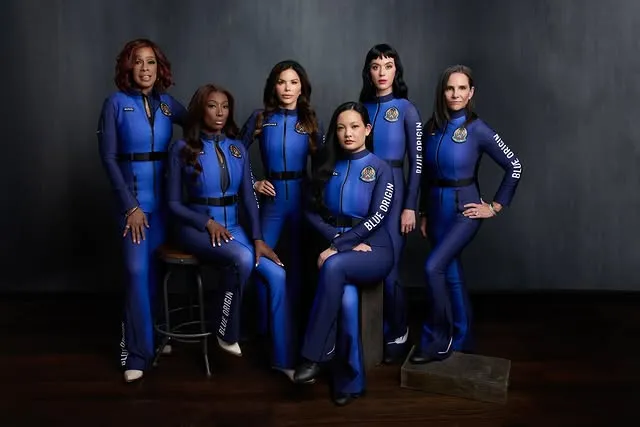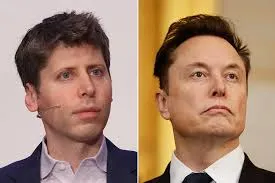OpenAI sues back Elon Musk in a bold move that raises the stakes of one of Silicon Valley’s largest showdowns in the courtroom. OpenAI alleges that Elon Musk waged a “bad-faith” effort to upset its work, disseminate false information, and advance a private agenda to commandeer cutting-edge AI. It is a turnabout from the initial lawsuit in which Musk claimed OpenAI renounced its nonprofit origins by agreeing to work with Microsoft for financial gain. As this case heads to trial in 2026, it’s not just about ChatGPT or boardroom power. It’s about who gets to shape AI’s future—and whether that power will be used ethically and transparently.
Brief History: From co-founders to courtroom enemies
Elon Musk, along with Sam Altman and several other technology leaders, co-founded OpenAI in 2015. The community wanted to democratize AI so its rewards would benefit everyone—not just Big Tech. In essence, OpenAI was a nonprofit that emphasized safety, openness, and public good.
By 2018, Musk left the group. Reports say he disagreed with OpenAI’s plan to compete directly with Google in AI development. He also opposed the growing ties with Microsoft. After his exit, OpenAI shifted to a “capped-profit” model. This allowed it to raise billions while claiming to uphold nonprofit values.
In March 2024, Musk sued OpenAI. The company, according to him, violated its founding agreement by showing more concern about profit than about public interest. His lawsuit petitioned the court to prevent the further development of GPT models under Microsoft control and accused OpenAI of becoming a “closed-source” corporate tool.
Why OpenAI countersued Elon Musk ?
On April 10, 2025, OpenAI fired back with a lawsuit of its own. It alleged Elon Musk’s legal actions weren’t ethical—they were power-grabs. OpenAI accused him of spreading misinformation, destabilizing the company, and attempting to seize control. Musk made an offer to buy OpenAI in February for $97.4 billion. Sam Altman brushed it off, saying they’d rather spend a tenth of that on buying X (formerly Twitter).
OpenAI and CEO Sam Altman have counter-sued Elon Musk, accusing him of fraudulent practices 💰
They claim his $97.375 billion buyout offer in February was a “sham bid” to block their fundraising pic.twitter.com/xIIVsWhqgY
— Waivly (@Waivly) April 10, 2025
OpenAI further claimed Musk had been in favor of the for-profit shift during initial board discussions. He disagrees with his public rhetoric, they assert. The countersuit alleges Musk attempted to delay their efforts so that his own AI company, xAI, could get up to speed.
A power struggle that could define AI ethics
This is not only about claims or business form. Deep down, it’s an authority fight about the creation of AI—and who should dictate it. Elon Musk seeks to revive the nonprofit mission of OpenAI. OpenAI argues public good and private investment can happen simultaneously.
The question that looms larger is: Does someone as influential as Musk deserve to steer AI development for self-interest or competition purposes?
This legal battle can help determine what “ethical AI” actually is. Is it transparency in collaborations? Remaining mission-focused? Or steering clear of billionaire control altogether?
Impact on the AI Industry
This court fight could transform the way the AI industry works. The impact could be felt across funding, regulation, and company structures. Here’s what to look out for:
More regulation: Governments might scrutinize AI collaborations and intellectual property transactions more intensely.
Fewer investors’ confidence: Legal soap opera can deter investors cautious of dirty boardroom battles.
Slower R&D: Public courtroom battles between market leaders can pull focus from actual research and development.
Policy reforms: Lawmakers may take this case as a model to push through new regulations on AI control.
Both xAI and OpenAI, founded by Musk, are creating advanced language models. What transpires in court may determine not only their future—but the future of generative AI in industries.
Musk’s Plan: Ethics or Empire?
Elon Musk claims that OpenAI compromised its mission. Detractors claim his ulterior motive is strategic. The success of ChatGPT, GPT-4, and impending GPT-5 compromises xAI’s opportunities to contend. Experts deem the lawsuit to be a tactic to hinder OpenAI while Musk establishes his empire.
Musk’s legal maneuvers and public communication follow a known script. He positions himself as the champion of transparency—quietly positioning himself to own the AI space. Whether that’s ego or idealism is hard to say.
What’s next for future of AI?
The federal court in Oakland has scheduled the trial for March 2026. Until then, expect more filings, statements, and media battles. Judge Yvonne Gonzalez Rogers already denied Musk’s request to freeze OpenAI’s corporate changes. That decision suggests the court may hesitate to interfere in evolving tech models.
OpenAI says it’s focused on building safe, responsible AI and calls the lawsuit a distraction. Musk continues to portray himself as AI’s moral compass—even as he expands his own business through xAI Holdings.
At the heart of OpenAI countersues Elon Musk is a deeper conflict. It’s about who gets to shape the future of artificial intelligence—and how that power is used. Is Musk battling for the mission or for control of the market? The fate of this lawsuit may determine the tone for AI regulation, funding morality, and leadership transparency for the next few years. As the technology industry looks on, this case may prove to be a turning point in the perennial struggle between power, profit, and principle in the age of artificial intelligence.























